
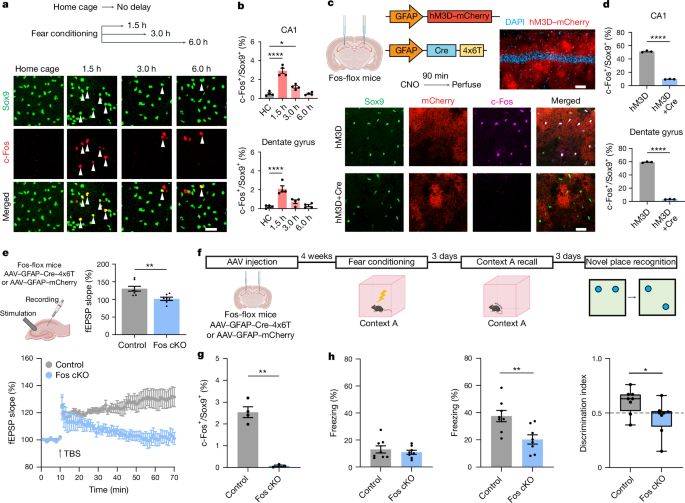
Learning-associated astrocyte ensembles regulate memory recall
www.nature.com/articles/s41...
www.nature.com/articles/s41...

www.nature.com/articles/s41...
www.nature.com/articles/s41...
I’m sooo excited to share our latest article led by Steve Hill and Isabel Bravo-Ferrer
1- How does the vasculature communicate with astrocytes?
2- Is this communication dependent to what happens in the body.
3- Is it relevant to human diseases?
www.nature.com/articles/s41...
I’m sooo excited to share our latest article led by Steve Hill and Isabel Bravo-Ferrer
1- How does the vasculature communicate with astrocytes?
2- Is this communication dependent to what happens in the body.
3- Is it relevant to human diseases?
(1/2)
www.sciencedirect.com/science/arti...

(1/2)
www.sciencedirect.com/science/arti...
Led by Ali Golbabaei, this study explores the how the composition of prefrontal cortical engrams changes with memory age:
authors.elsevier.com/a/1lzT-3BtfH...
Led by Ali Golbabaei, this study explores the how the composition of prefrontal cortical engrams changes with memory age:
authors.elsevier.com/a/1lzT-3BtfH...
www.sciencedirect.com/science/arti...

www.sciencedirect.com/science/arti...
authors.elsevier.com/a/1lsO73QW8S...
authors.elsevier.com/a/1lsO73QW8S...
A functional perspective on astrocyte heterogeneity
www.cell.com/trends/neuro...
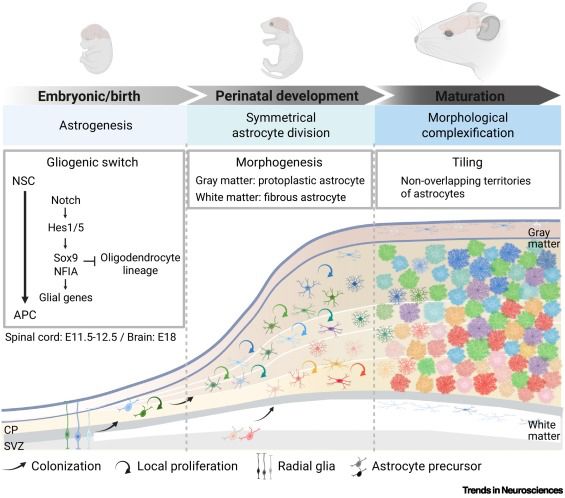
A functional perspective on astrocyte heterogeneity
www.cell.com/trends/neuro...

www.nature.com/articles/s41...
Thread below for a quick (10 point) recap of what we found!
🧵🧪🧠
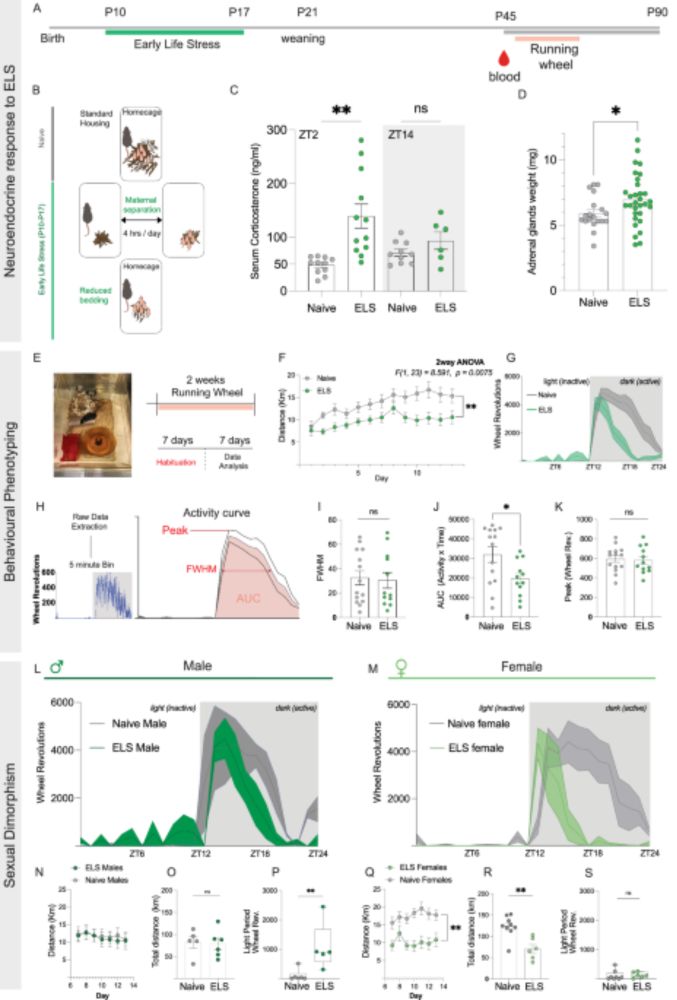
www.nature.com/articles/s41...
Thread below for a quick (10 point) recap of what we found!
🧵🧪🧠
journals.biologists.com/dev/article-...

journals.biologists.com/dev/article-...
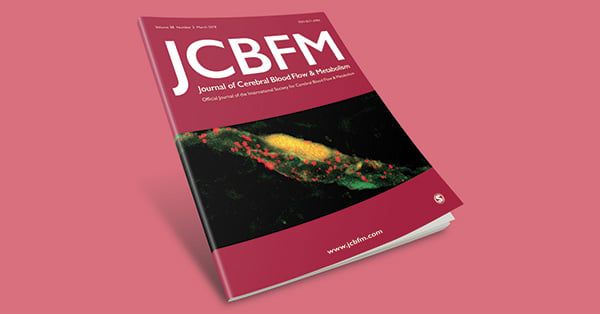
www.science.org/doi/10.1126/...
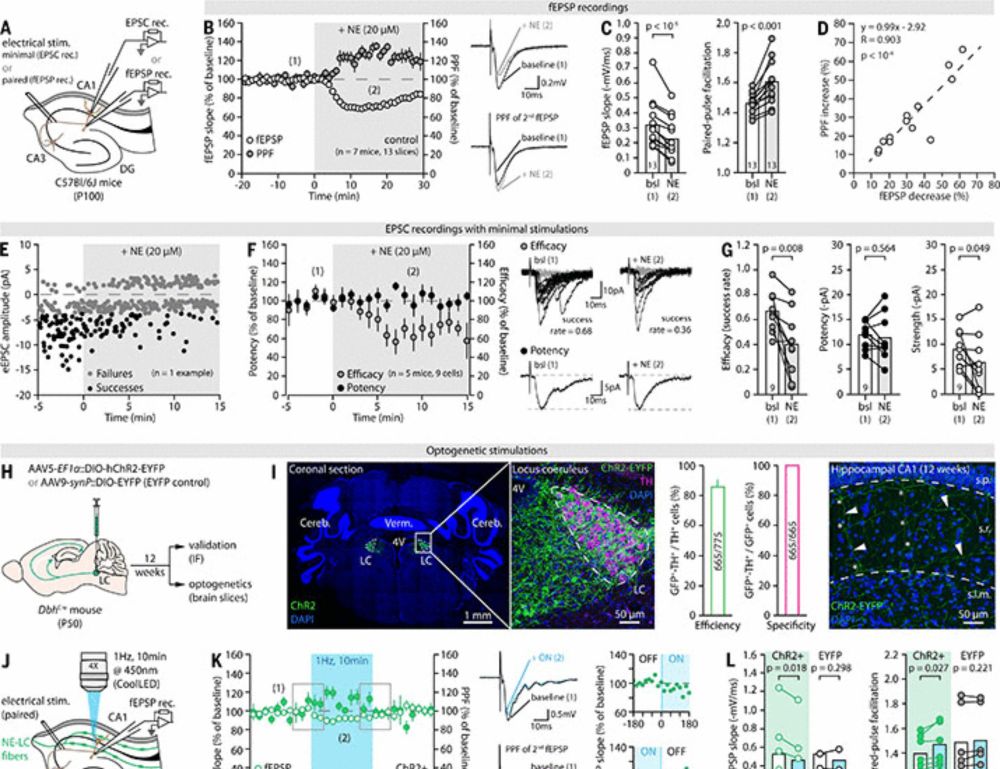
www.science.org/doi/10.1126/...
rdcu.be/el18q
A short thread follows for those interested.
1/n
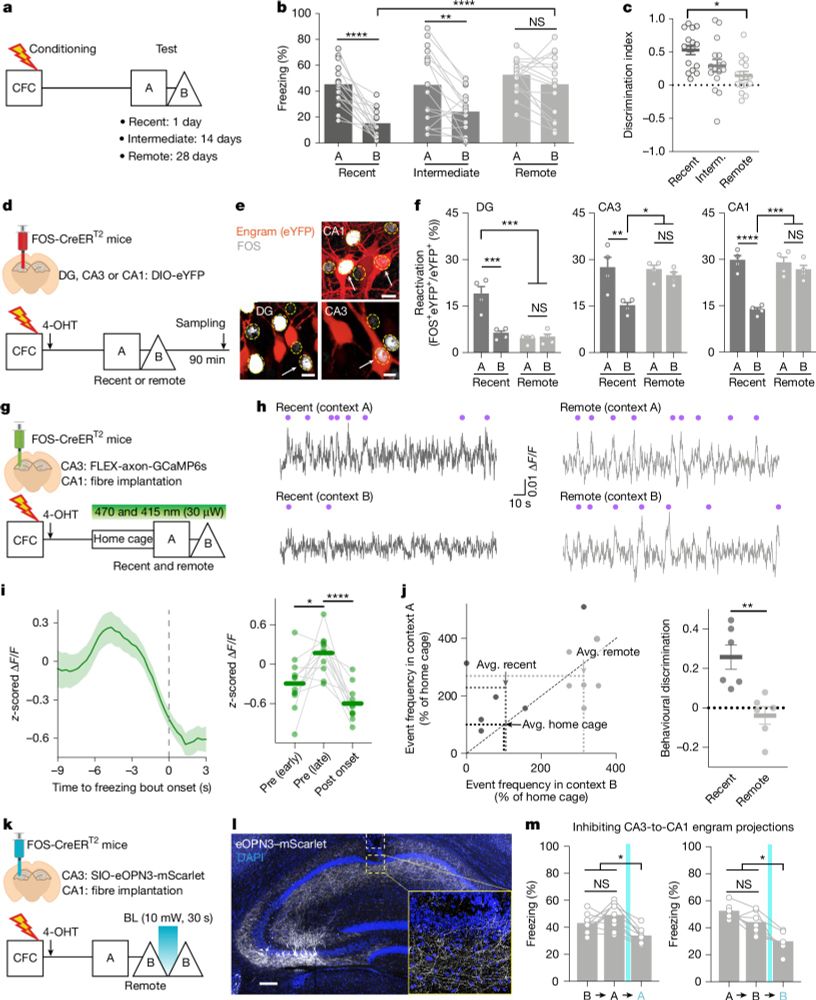
rdcu.be/el18q
A short thread follows for those interested.
1/n
gleichmanlab.com
gleichmanlab.com
By Nuri Jeong, Xiao Zheng, Abby Paulson, Steph Prince and colleagues.

By Nuri Jeong, Xiao Zheng, Abby Paulson, Steph Prince and colleagues.
Please find article link at -
debosardarlab.org/blog

Please find article link at -
debosardarlab.org/blog
www.nature.com/articles/s41...
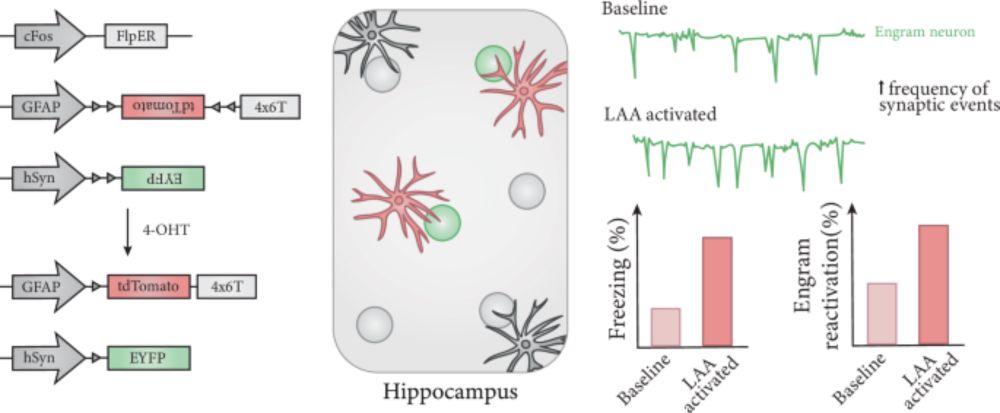
www.nature.com/articles/s41...
In our latest work (led by @Clement), we dissected the engram to uncover what information is processed during encoding and becomes the essence of the recalled memory.
In our latest work (led by @Clement), we dissected the engram to uncover what information is processed during encoding and becomes the essence of the recalled memory.
Learning-associated astrocyte ensembles regulate memory recall
www.nature.com/articles/s41...

Learning-associated astrocyte ensembles regulate memory recall
www.nature.com/articles/s41...
www.cell.com/cell-reports...
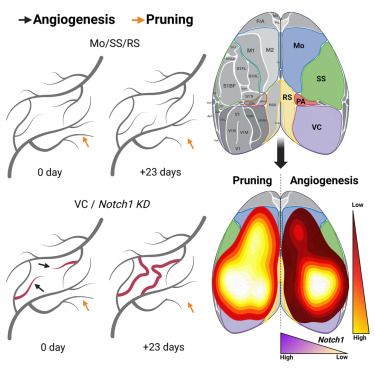
www.cell.com/cell-reports...
Learning-associated astrocyte ensembles regulate memory recall
www.nature.com/articles/s41...

Learning-associated astrocyte ensembles regulate memory recall
www.nature.com/articles/s41...
www.sciencedirect.com/science/arti...

www.sciencedirect.com/science/arti...

